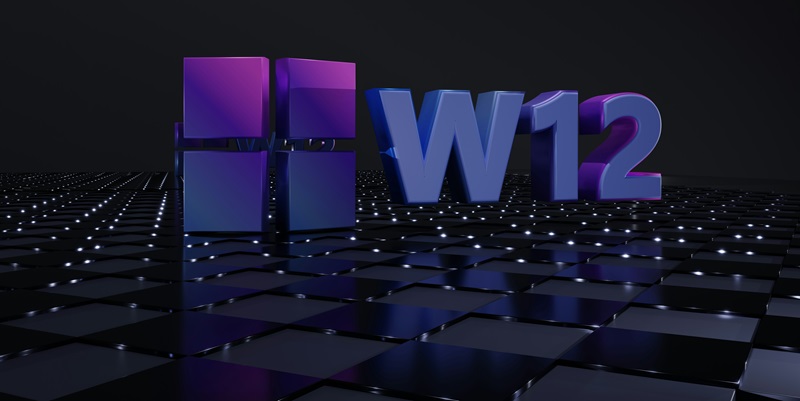As Windows 10 nears its sunset, anticipation for Windows 12 swells within the tech community. Without much official intel from Microsoft, enthusiasts and designers are stoking imaginations with their version of what’s next. These visions, though unofficial, spark dialogue and set expectations for Microsoft’s forthcoming OS.
Creatives like AR 4789 and Addy Visuals have crafted speculative designs for Windows 12. AR 4789 introduces MiracleOS concepts, detailing a user-friendly installation process and a mobile-compliant variant, envisioning a system that meshes with our mobile lifestyles. Addy Visuals, on the other hand, targets gamers with a specialized Windows 12 Gaming Edition concept, merging high-performance tech with gamer-centric enhancements.
The buzz around Windows 12 showcases the community’s eagerness for innovation and adaptation in an evolving tech landscape, with a particularly keen interest in user experience improvements and sector-specific features.
Imagery of Innovation
The quest for Windows 12 isn’t just about function; aesthetics and engagement are also key. AR 4789 envisions an OS that’s both simple and powerful, offering an inviting setup for newcomers. Its design balances the new with the familiar, aiming to attract a wide user base.
Addy Visuals takes a bold leap with a Gaming Edition of Windows 12, an OS concept tailored for gaming aficionados. This version would integrate closely with gaming rigs and streaming services, potentially revolutionizing how gamers interact with their PCs by providing a system dedicated to their specific requirements.
While the ideas surrounding Windows 12 are speculative, the excitement they generate is very real. These artistic predictions keep the conversation going and foster the spirit of innovation among tech enthusiasts. As we await official news from Microsoft, these community-driven concepts keep the flame of progress burning bright.

